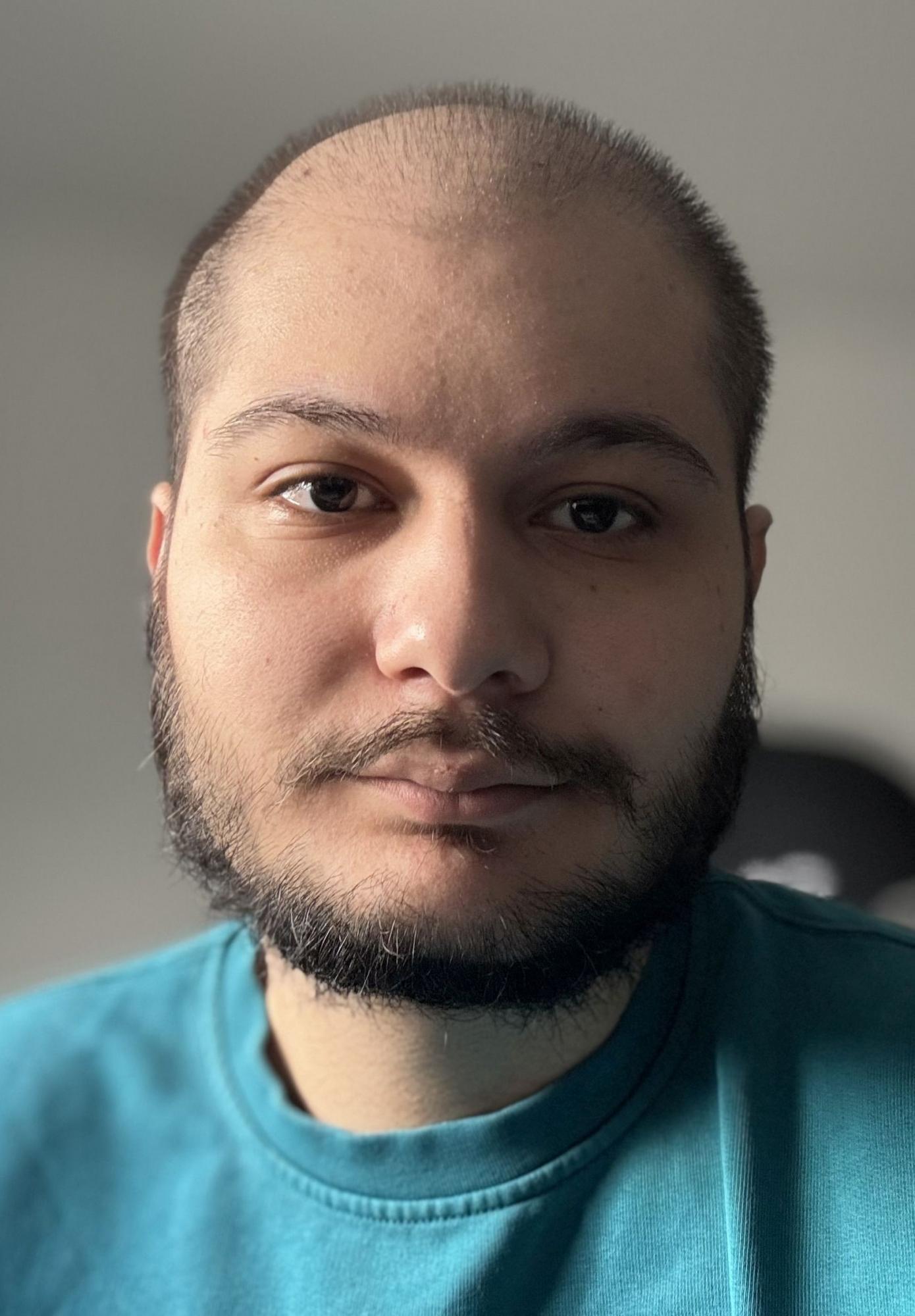-
Host organisation: VIB-KU Leuven Center for Cancer Biology, Leuven, Belgium.
-
Supervisors: Prof.Dr. Jan Cools
-
Research project: DC5 - The characterization of acute lymphoblastic leukemia MRD and relapse using single cell omics.
About me
"Through single-cell omics, I strive to decode residual disease in ALL, linking cellular heterogeneity to relapse and identifying new therapeutic strategies".

My name is Arif KOCAK and I am from France. Choosing what to study at university straight after secondary school was not an easy decision, given the wide range of options available. However, science—and biology in particular—has always been a subject I truly enjoyed. This passion led me to combine biology and medicine by completing a technical certificate in medical biology analysis in Limoges. I then pursued a Bachelor’s degree in Cellular Biology and Physiology in Clermont-Ferrand, followed by a Master’s degree in Molecular and Cellular Biology with a specialization in Immunology at the University of Grenoble Alpes. Throughout all these stages of my journey, each city I lived in and the people I met, especially inspiring teachers and mentors during internships, greatly shaped my academic path and motivated me to pursue research.
During my studies, I progressively developed a strong interest in immunology and oncology. My early training in hospital laboratories offered me valuable experience with the clinical dimension of biology, particularly in hematology and immunochemistry. Later, I was able to deepen my expertise in academic research, ranging from microbiology projects to molecular and cellular immunology. My Master’s internship focused on investigating the immunomodulatory properties of microbiota-derived metabolites in the context of cancer immunotherapy. In this project, I explored how metabolites produced under inulin fermentation could modulate γδ T cells and enhance anti-cancer responses. Using co-culture models, flow cytometry, and metabolomics, I gained both technical and analytical skills while also strengthening my passion for translational research.
These experiences confirmed my desire to contribute to science at the interface of oncology and patient care. They also taught me the importance of resilience, teamwork, and clear communication in research. In the laboratory, I learned how curiosity and persistence are key to advancing knowledge.
I am now pursuing my doctoral research within the MIRACLE network as part of DC5, which focuses on the characterization of acute lymphoblastic leukemia (ALL) minimal residual disease and relapse using single-cell multi-omics. This project addresses a fundamental clinical question: why do certain leukemia cells persist after therapy and later cause relapse? By applying cutting-edge single-cell technologies, I aim to better understand the heterogeneity of residual disease and contribute to identifying mechanisms of resistance, with the long-term goal of improving therapeutic strategies.
What excites me most about MIRACLE is the opportunity to grow in an interdisciplinary and international environment. Working alongside researchers, clinicians, and industry partners from across Europe is a unique chance to develop my scientific expertise while contributing to a network that bridges fundamental biology and patient care. For me, this PhD represents not only the continuation of my academic journey, but also a chance to contribute to research that may have a tangible impact on patient’s lives.